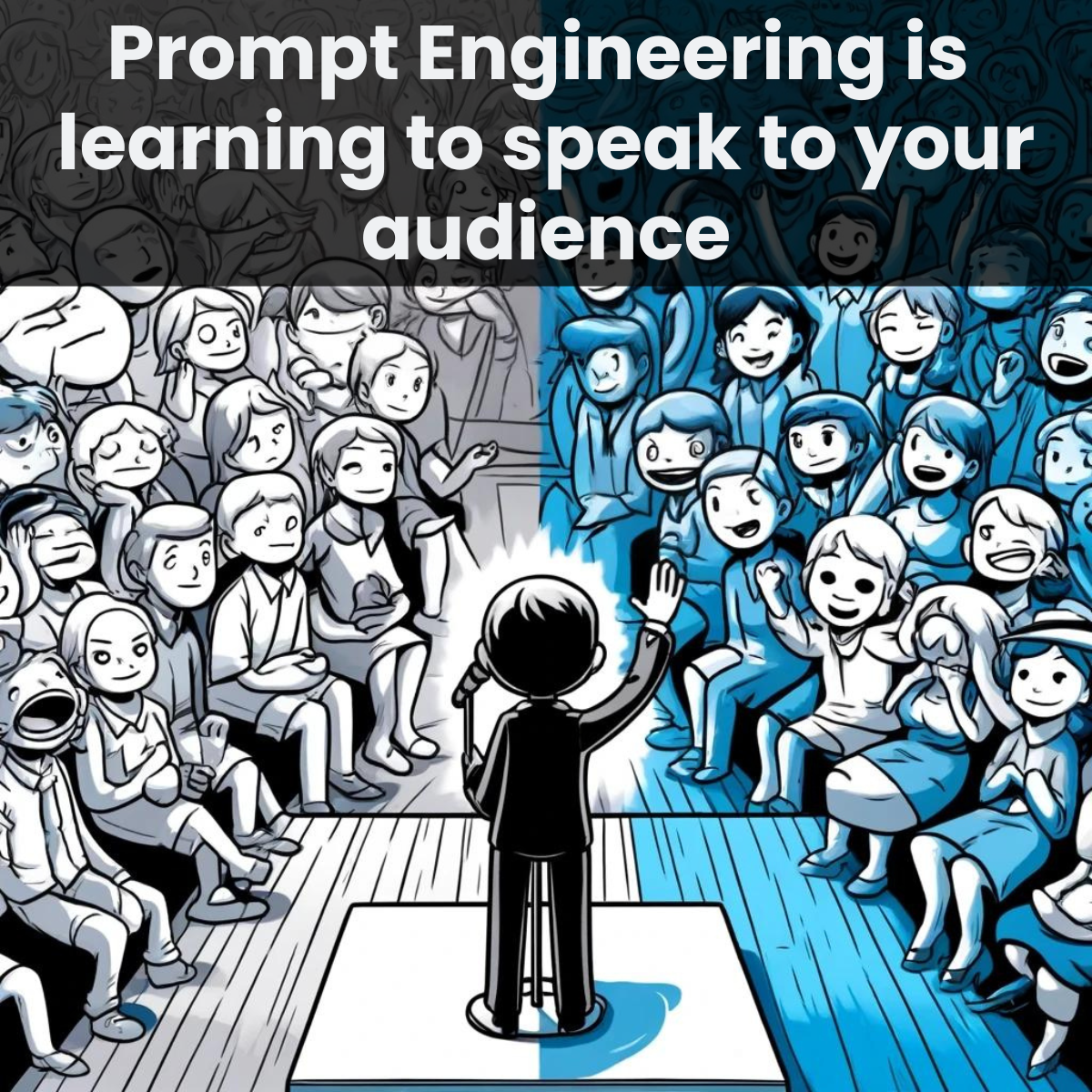Fine-tuning Large Language Models is like hiring a specialist with exact experience for the best outcomes.
Like an arm wrestler, intensely training to be extremely proficient at performing a specific task. That’s essentially what fine-tuning is for large language models (LLMs) – a way to customize a powerful, general-purpose model to specialize in your organization’s unique domains and tasks.
So, what exactly is fine-tuning? Imagine you have a master chef skilled in cooking all kinds of cuisines. Fine-tuning would be like giving them specialized training in your favorite regional cuisine, enabling them to elevate their skills and techniques to create truly exceptional dishes tailored to your tastes.
More technically speaking, fine-tuning involves taking a foundational LLM that has been pre-trained on a vast corpus of data and further training it on a smaller, domain-specific dataset relevant to your use case. This additional training helps the model better understand the nuances, terminology, and context within your field, significantly boosting its performance on your custom applications.
The benefits of fine-tuning are manifold:
🎯 Improved Accuracy and Relevance: A fine-tuned model will generate outputs that are more accurate, relevant, and aligned with your specific requirements, leading to better results and higher-quality outputs.
⚙ Increased Efficiency: By specializing the model for your use case, you can achieve the desired level of performance with less compute resources, reducing costs and improving scalability.
💪 Competitive Advantage: A highly specialized, fine-tuned model can give your organization a significant edge over competitors, enabling you to deliver superior products, services, and customer experiences.
While fine-tuning requires an upfront investment of time, data, and computational resources, which ultimately translates to increased cost, the long-term benefits in terms of improved performance, efficiency, and competitive advantage make it a worthwhile endeavor for organizations seeking to unlock the full potential of large language models.
As LLMs continue to revolutionize industries, fine-tuning will undoubtedly become an increasingly valuable tool for businesses looking to harness the power of these cutting-edge technologies and gain a strategic advantage in their respective domains. As organizations identify use cases where they find the most potential value from LLM solutions, spending the resources to fine-tune more general models to become skill honed snipers specifically trained to execute the needed task, may become more and more common of a practice.



